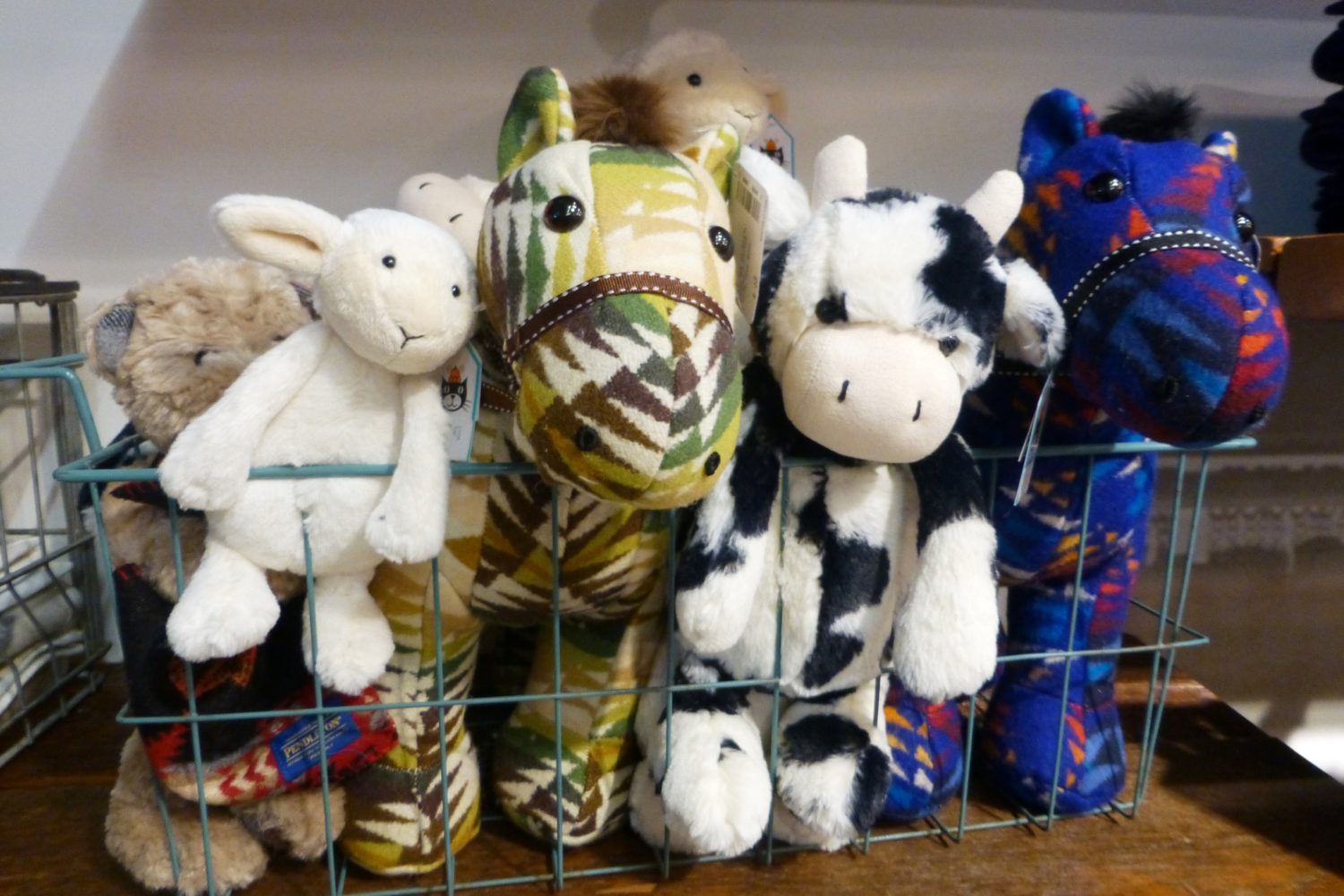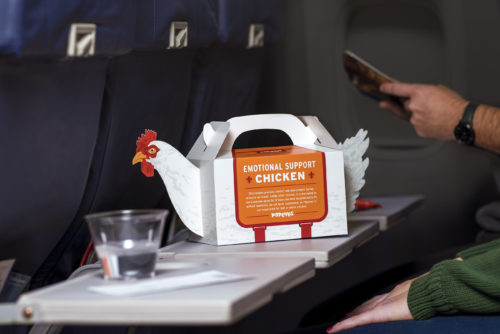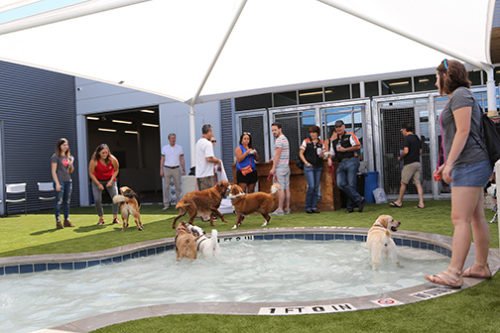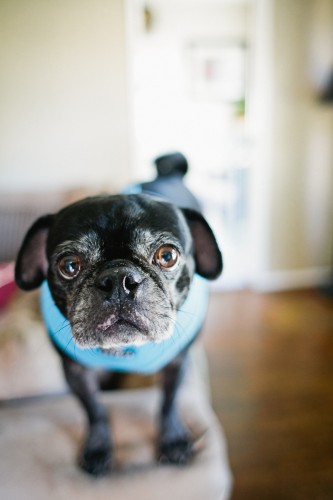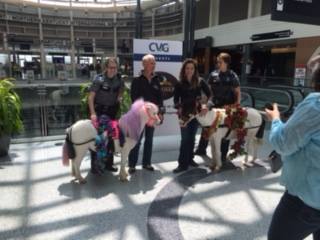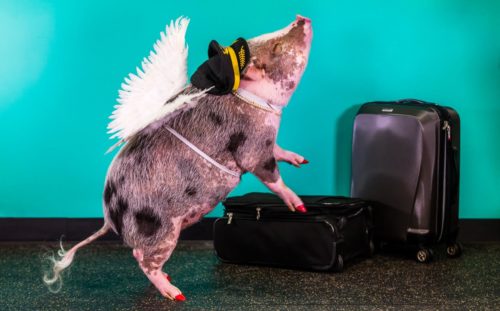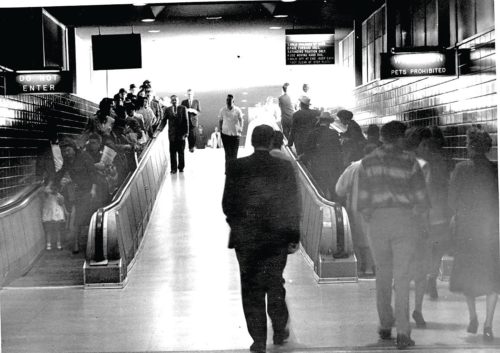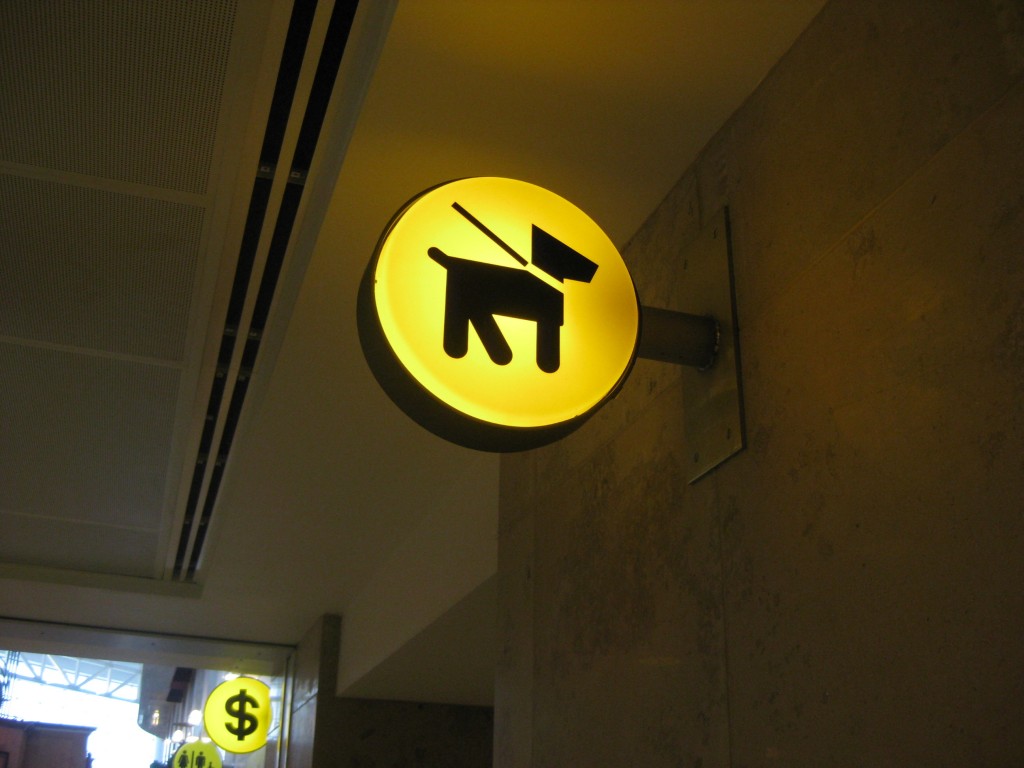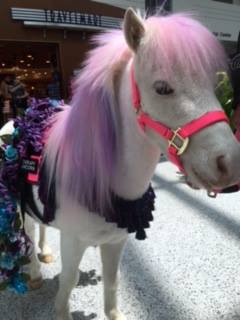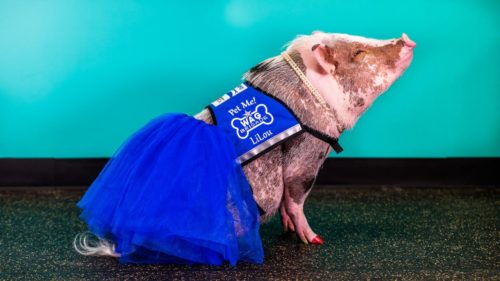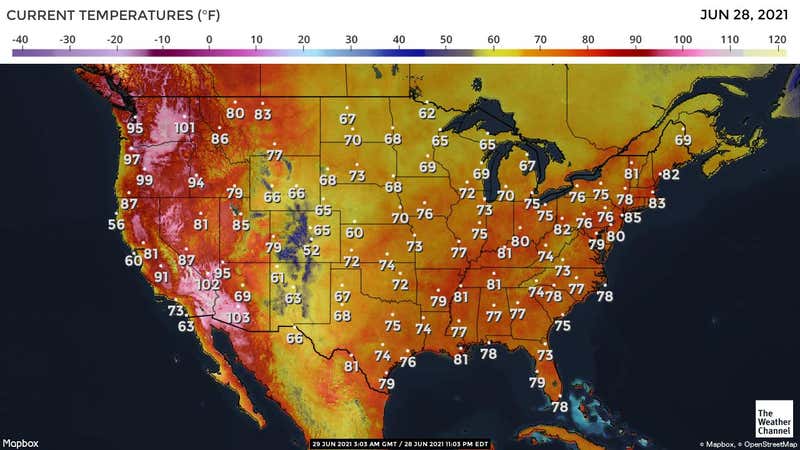
A heatwave in the Pacific Northwest and some other parts of the country is adding another challenge to air travel as we head into a holiday weekend.
As a result, some airlines, including American Airlines and United Airlines, are offering fee-free travel waivers. And Alaska Airlines has put a ban on pets traveling as cargo to and from more than a dozen cities until at least after the July 4th weekend.
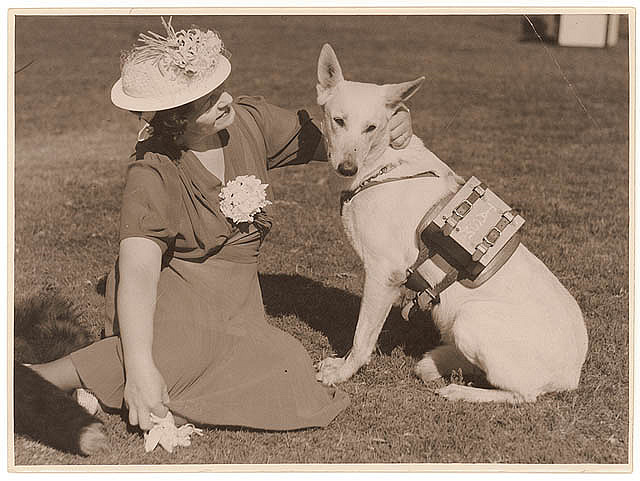
Here are some of the details, and useful links to policies as of Monday evening, June 28:
Seattle-based Alaska Airlines is ‘pre-canceling’ some flights and has travel advisories posted for many cities experiencing heatwaves, including Burbank, Fresno, New Orleans, Ontario, Palm Springs, Phoenix, Portland, Redmond, Sacramento, Seattle, Spokane, Texas, and Tucson.
And while Alaska Airlines isn’t offering change fee waivers as of Monday evening, it is pre-canceling some flights.
“While we never want to let our guests down, only a small fraction of our flights have been pre-canceled and we are doing our best to re-accommodate those guests,” the airline said on its website, “
And, because of the heat, through July 7, Alaska Airlines is not accepting animals for travel in the baggage departments to or from most of the affected airports listed above. Ticketed pets are still permitted to travel in the cabin with their owners.
Waivers offered by American and United Airlines
American Airlines’ change fee waiver offer is in effect for ticketed travelers through June 29 for trips to, through, or from the cities below. The airlines’ website notes that this information was current as of June 25, 2021, so if record-breaking heat continues in these areas, the waiver could be updated or extended. Check the website for details.
- Billings, Montana (BIL)
- Boise, Idaho (BOI)
- Bozeman, Montana (BZN)
- Eugene, Oregon (EUG)
- Eureka Arcata, California (ACV)
- Idaho Falls (IDA)
- Jackson Hole, Wyoming (JAC)
- Kalispell, Montana (FCA)
- Medford, Oregon (MFR)
- Missoula, Montana (MSO)
- Portland, Oregon (PDX)
- Redmond / Bend, Oregon (RDM)
- Reno, Nevada (RNO)
- Sacramento, California (SMF)
- Salt Lake City, Utah (SLC)
- Seattle, Washington (SEA)
- Spokane, Washington (GEG)
The heat-related travel waiver on United Airlines also currently covers travel booked through June 29 and includes this long list of cities:
- McKinleyville, CA (ACV)
- Boise, ID (BOI)
- Bozeman, MT (BZN)
- Cody, WY (COD)
- Eugene, OR (EUG)
- Everett, WA (PAE)
- Great Falls, MT (GTF)
- Helena, MT (HLN)
- Idaho Falls, ID (IDA)
- Jackson, WY (JAC)
- Kalispell, MT (FCA)
- Medford, OR (MFR)
- Missoula, MT (MSO)
- Moab, UT (CNY)
- North Bend, OR (OTH)
- Pasco, WA (PSC)
- Portland, OR (PDX)
- Redding, CA (RDD)
- Redmond, OR (RDM)
- Reno, NV (RNO)
- Sacramento, CA (SMF)
- Salt Lake City, UT (SLC)
- Seattle, WA (SEA)
- Spokane, WA (GEG)
- Twin Falls, ID (TWF)
- Vernal, UT (VEL)
- West Yellowstone, MT (WYS)
